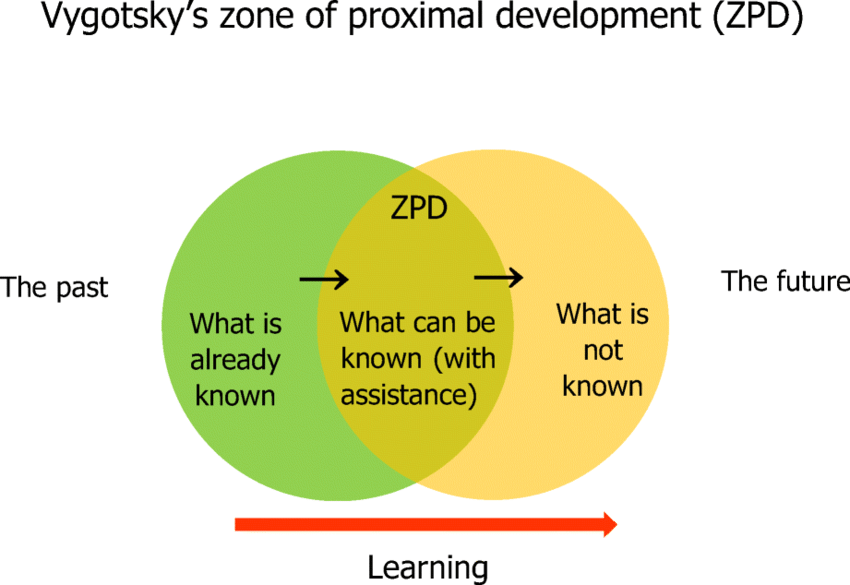Post#4 Interviewing a real educator
In this week’s Free Inquiry, I wanted to find out how real educators think about their roles. Are these ideas reflected in their actual teaching?
To find out, I interviewed John, a roommate of mine and a 3d modeling teacher who thought he had some experience teaching online.
- Q: What do you do when a student is struggling with a modeling task?
A: “I used to think my job was to explain things clearly. Now, I’m more interested in helping students solve their own problems. I ask more questions than I give answers. I might come up with a similar model structure for the student to disassemble on their own, and eventually they will come up with the answer on their own.” - Q: Do you consider yourself more of a “lecturer” or a “facilitator”? A: This is an interesting topic, and I think I would change my role depending on the student. Some students are so interested in modeling that they start working on their models during non-class time, sometimes even learning more about them than I do, and when they have a question and need a clear answer, they leave it to me to explain it, so I might be more of an instructor. Some kids come to modeling for other reasons, and I need to be the guide to set up small tasks to stimulate their interest. These small tasks are not difficult, but they can be used immediately, and this positive feedback encourages kids to continue learning.
- Q: How do you instruct your students’ work?
A: I will offer some evaluation classes to evaluate everyone’s work, give timely feedback on the strengths or minor problems in everyone’s work, and some of the more introverted students will send me their work individually and privately, and I will critique it all. - Q: Do you feel that the role of the teacher has changed online
A: Yes, students nowadays have so many ways to find the knowledge they need that I feel as if my presence has “diminished”, but I keep in touch with them through the comments section and social media programs, and they can ask me questions at any time.
Reflections
What fascinates me most about John is that he is a facilitator, even though he doesn’t think so himself. He doesn’t use terms like (ZPD), but he does provide minimal guidance, encourages students to take ownership of their learning, and adapts his support based on their progress. This made me realize something important: Guided instruction is not a theory, but a practice.
Some educators are able to use this teaching method intuitively, even without formal training in teaching. John wants to be the same teacher he needed as a student all along, and his preferred learning style.



This is a great interview! The conversational Q-and-A lets John’s voice shine, the photo plus real classroom stories make his shift from “lecturer” to “guide” easy to picture, and your intro immediately hooks the reader. It might be helpful to add a line on how John’s insights are shaping your own teaching approach.
Thank you for your comment, your heartfelt feedback is much appreciated! I’m glad you felt John’s voice – I wanted to emphasize how powerful channeling can be, even if it’s not intentionally emphasized. I’m glad you enjoyed the Q&A format, and I hope this approach will also get readers thinking for themselves about how to create space for learners to explore. Thanks for the suggestion that describing how the insights about John shaped my own approach to teaching would enhance this post, I may improve it later!